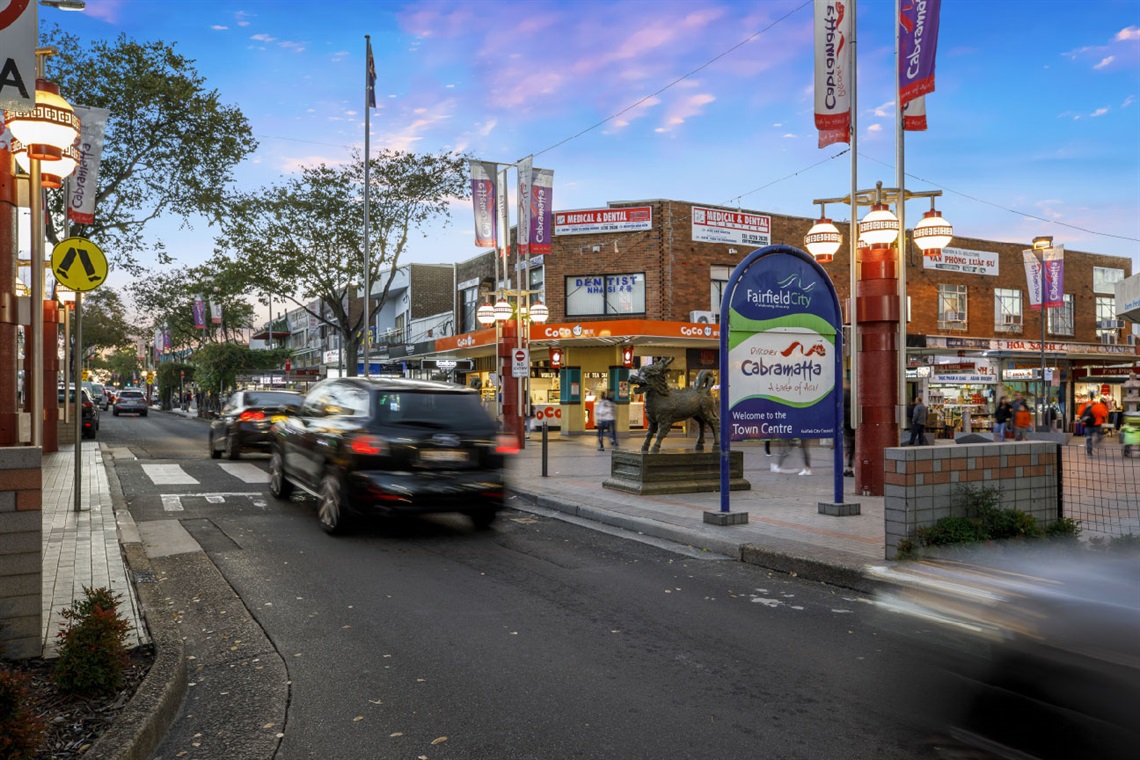Reforms to put life back into night-time economy
Published on 21 February 2024

Vibrancy Reforms boost NSW’s night economy, benefiting live music, dining, and creative sectors and workers, and bringing vibrancy back to NSW’s night-time economy and community.
Regulation around noise, planning and liquor licensing has been streamlined, updated and simplified through the NSW Government’s 24-Hour Economy Legislation (Vibrancy Reforms) Amendment Act 2023. This means venues in NSW will have the opportunity to reach their full entertainment, economic and creative potential – especially at night.
The Vibrancy Reforms are a cross-government initiative developed in consultation with key agencies, industry, councils and stakeholders to bring sector regulation in line with contemporary going out behaviours, improve government processes and encourage more people to go out, closer to home.
There are six areas of changes:
Sensible venue sound management
From mid-2024, the Vibrancy Reforms will designate Liquor & Gaming NSW as the lead regulator of entertainment sound-related complaints for all licensed premises. This will streamline the complaints process for everyone involved, and ensure rules and regulations are relaxed for hospitality venues.
The Vibrancy Reforms will increase the number of disturbance complaints about a licensed venue needed for a formal complaint to be considered. The number will increase from 3 to 5 (the complainants must be from different households). Complainants must also attempt to resolve disputes with the licensee before lodging a complaint.
Vibrant, coordinated precincts
Special Entertainment Precincts support live entertainment, via extended trading hours for live music venues and favourable noise controls that provide operational certainty for venues, neighbouring residents and businesses.
This framework will also be strengthened by these measures:
- From mid-2024, clearer sound governance: Liquor & Gaming NSW will manage entertainment sound complaints for licensed venues and impose a higher threshold for these complaints, and councils will be empowered to set sound standards and manage unlicensed venues
- additional trading hour extensions for live music venues in Special Entertainment Precincts, including 2 hours on nights they offer live music, and 1 hour on other nights
- new powers for councils to automatically adjust trading hours on development consents to support diverse late-night offerings
- strengthening governance to support safety and collaboration.
An activated outdoors
From 1 January 2024, venues will be able to permanently use their private land and car parking spaces for outdoor dining as exempt development. The rules also apply to artisan food and drink businesses, including microbreweries. New development standards have been included to maintain patron safety and accessibility.
The exempt measures allow more outdoor space but do not allow a venue to increase its maximum patron capacity.
For more information, please visit the Department of Planning and Environment's outdoor dining webpage.
Empowering the 24-Hour Economy Commissioner to deliver a sustainable, thriving night-time economy
NSW is the first jurisdiction in the world to appoint a 24-Hour Economy Commissioner. Under the24-Hour Economy Commissioner Act 2023, the Commissioner’s role is a statutory appointment. This means the Commissioner’s remit has expanded from Greater Sydney to all of NSW.
Having a permanent Commissioner also ensures a single, coherent approach with an appropriate level of authority to resolve cross-government challenges relating to the night-time economy. The Commissioner has the authority to provide oversight, coordination, and advocacy for a mix of diverse cultural, social and business activities and experience across the night-time economy. The Commissioner also brings an evidence-based perspective on the function of the night-time economy across government agencies and provide advice and recommendations to the Minister.
Streamlined, contemporary licensing
One major change will be the consultation process to apply for a liquor licence.From mid-2024, a new streamlined approach to community impact statement requirements will reduce duplication and costs, and address risks and other potential effects. This change will also empower the community to provide meaningful feedback directly to decision-makers.
From 12 December 2023, venues will also be offered meaningful incentives to feature live music and performances. This is aimed at driving employment opportunities for creative workers and entertainment options for audiences. These incentives include:
- increasing the extended trading for live music and performance venues on nights they offer live music, from the current 1 hour to 2 hours
- maintaining the temporary 80 per cent discount for live music and performance venues
- expanding the types of venues that can access extended trading for special events.
Improving the night-time for workers
From healthcare and security, to retail, transport and freight, night-time workers provide essential services for us all. They also play a critical role in supporting a rich night-time offering in the hospitality sector and creative ecosystem.
The 24-Hour Economy Commissioner will collaborate across the NSW Government to implement a plan to make the night-time economy more rewarding, safe, flexible and accessible for those who don’t work 9 to 5.
For more information on the NSW Vibrancy Reforms, please contact 24hour@enterprise.nsw.gov.au.
Find out more